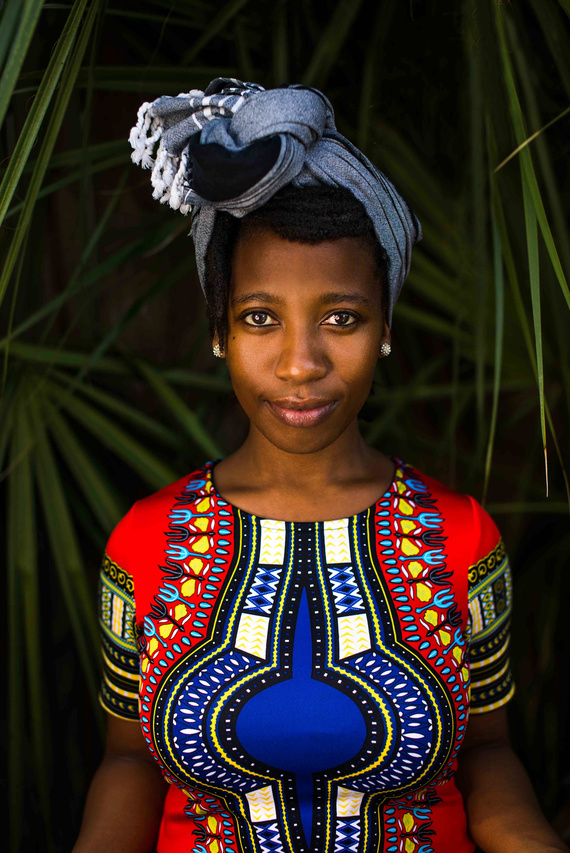Mandisa Roeleene Haarhoff is a PhD candidate in the Department of English at the University of Florida. She comes to UF from South Africa on a Fulbright Scholarship. Her dissertation considers the ways in which writers use the trope of death to represent black experience in the aftermath of apartheid. Through a reading of late-apartheid and post-apartheid literature, her research argues that the figurations of blackness in post-apartheid writing reveal that black South Africans, despite having been granted the rights and freedoms denied them under apartheid, continue to be circumscribed by an existence of exclusion, denigration, and enduring social death.

One question pertinent to the dissertation is: What is the state of black existence after you take away the passbook, dismantle the laws like the Group Areas Act and Native Land Act, transform the national ideology from racially segregated to integrated, and institute a constitution that promises equality for all? In her discussion of these novels, she argues that in post-1994 South Africa, black Africans struggle with the possibilities and freedoms of being South African (racially reconciled and politically equal citizens) on the one hand, and the impossibilities of blackness (the endurance of black social death) on the other. Furthermore, she argues that the novels she has selected reveal that the political transformation did not result in the transformation of black subjectivity. Her selection includes Athol Fugard, John Kani, and Winston Ntshona’s 1972 play, Sizwe Bansi is Dead, Zakes Mda’s debut novel, Ways of Dying (1995), Phaswane Mphe’s Welcome to our Hillbrow (2001), and Kopano Matlwa’s Coconut. These novels collectively interrogate what it means to be black in South Africa, and depict the various ways the black people continue to experience exclusion and nonbeing.
Mandisa is also an actress. She will be representing the United States in the play Tsepang with Steven Butler at the Festival du Théâtre in Monaco in August 2017.
